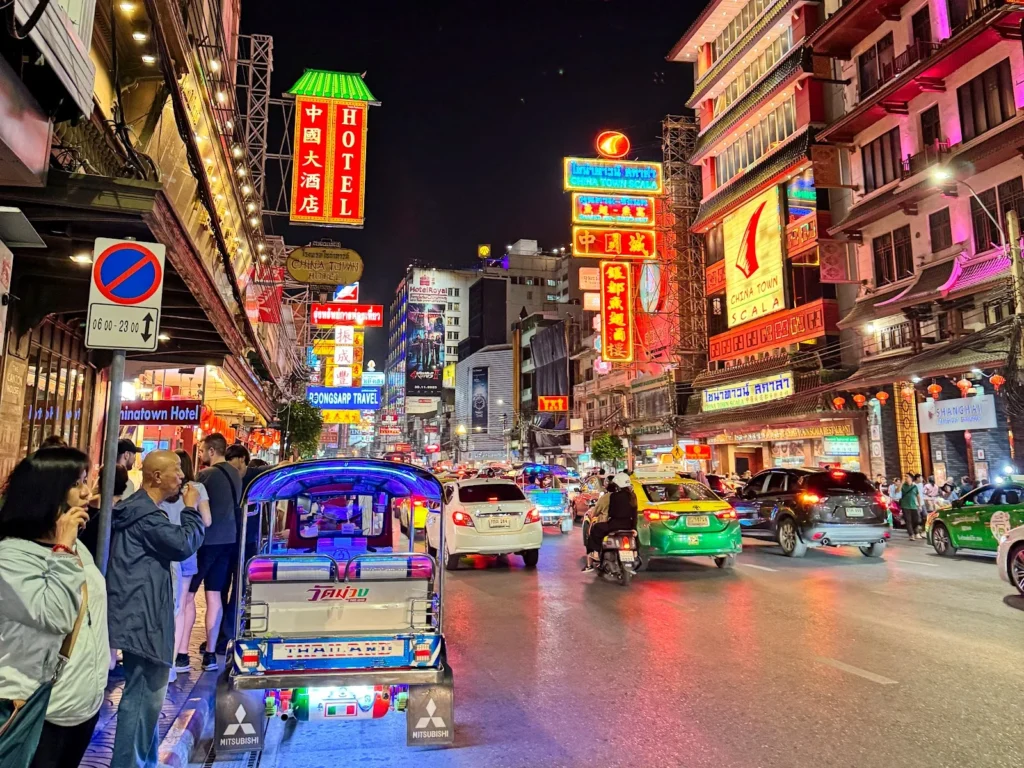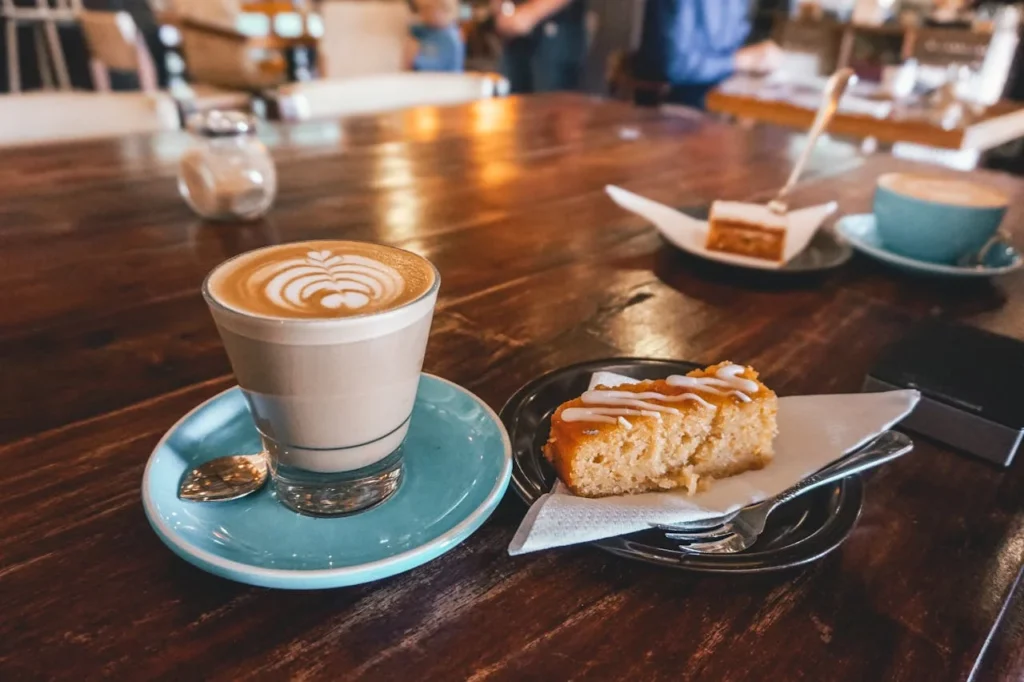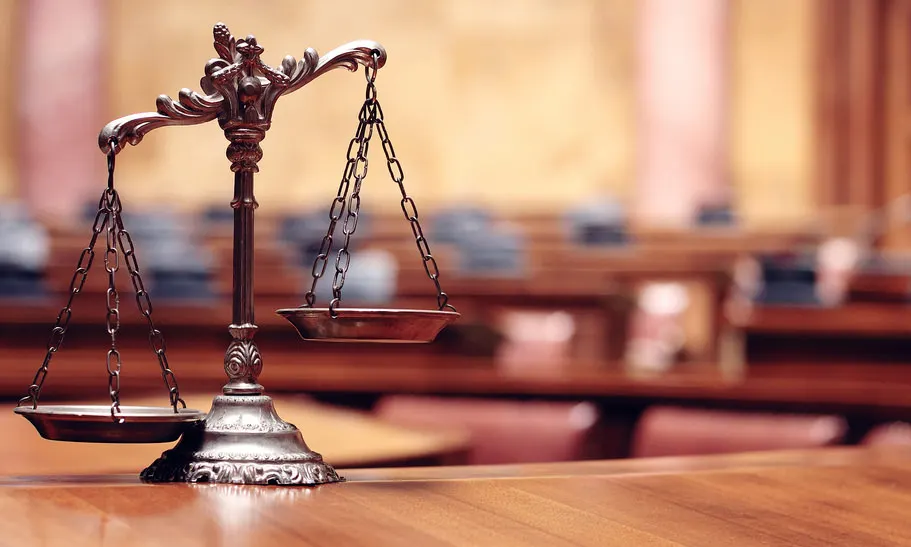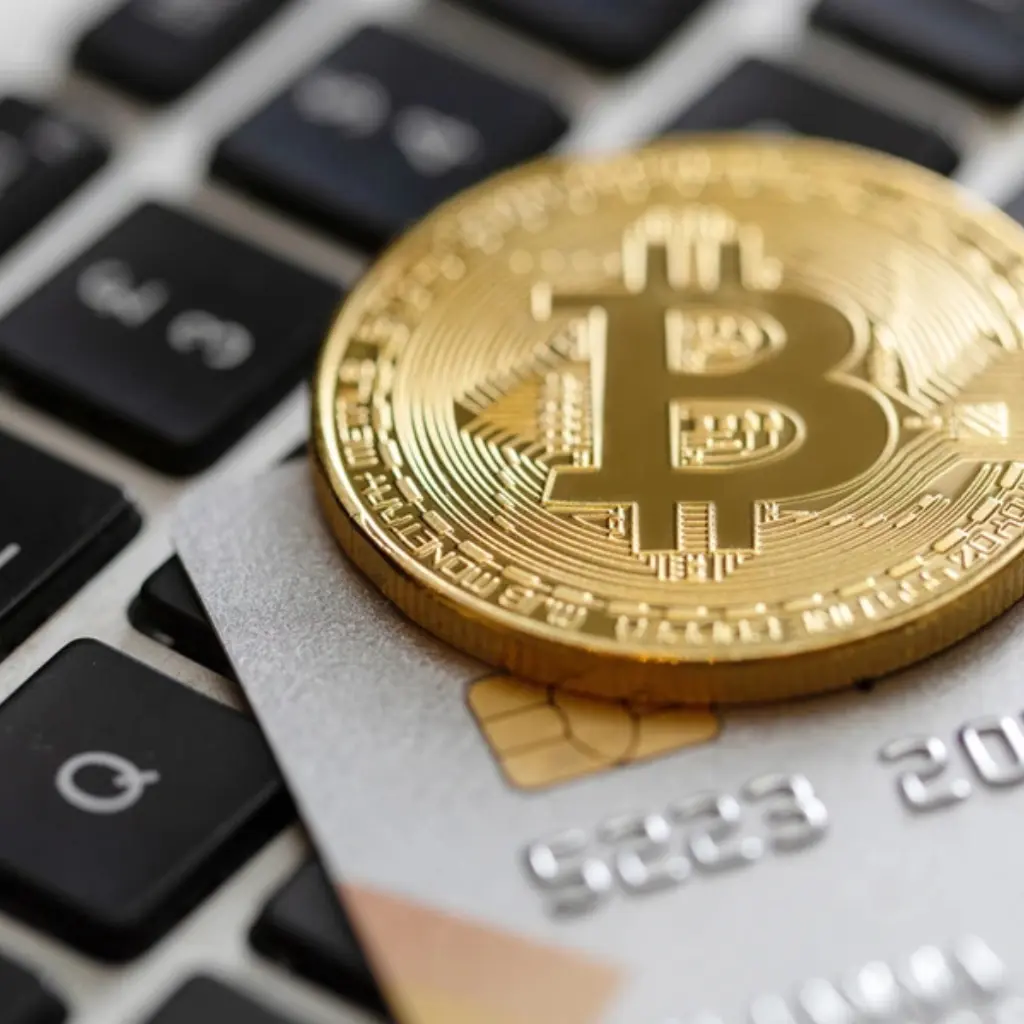Introduction: Two Cities, One Crypto Question
Where can I use crypto in Thailand? Thailand is no stranger to crypto innovation, but when it comes to actually spending your digital assets, not all places are equal. Bangkok and Phuket—two of the country’s most visited destinations—offer very different environments for crypto users. In 2025, both cities have started embracing blockchain-based payments, but the experience you’ll get in each is far from the same.
Whether you’re planning to pay for a beachfront bungalow with USDT or cover your coworking subscription with BTC, this guide compares where crypto is more practical—and what still holds it back.

Crypto in Bangkok: Urban Convenience with Cautious Adoption
Bangkok, with its tech-forward crowd and thriving startup scene, has seen a gradual but steady integration of crypto into daily transactions. While it’s not mainstream, early adopters—especially in digital-nomad-heavy zones like Sukhumvit, Silom, and Ari—are finding more places willing to take crypto, particularly USDT.
- Cafés & Co-working Spaces: A number of independent coffee shops and shared offices accept crypto payments via local wallets or QR platforms such as Bitkub and Binance TH.
- Wellness and Personal Care: Boutique spas popular with expats are testing crypto acceptance, often giving discounts for those paying with digital assets.
- Retail Tech Outlets: Certain electronics and gadget stores, especially those geared toward expats or freelancers, occasionally support crypto, though typically by request.
Bangkok’s crypto environment is shaped by infrastructure and community. Businesses here are more likely to use verified third-party services like BitPay to handle transactions, providing some level of confidence—but also limiting flexibility.

Crypto in Phuket: Tourist-Friendly but Informal
Phuket takes a different approach. While less formalized, the island’s tourism-oriented economy has made it surprisingly adaptive to crypto. Vendors here may not always be set up with payment gateways, but they’re often open to negotiation—especially for high-value bookings or rentals.
- Accommodations: Some boutique hotel owners and private villa hosts accept stablecoins like USDT for longer-term stays or direct bookings.
- Recreation Services: Activities such as boat charters, diving lessons, and yoga retreats may accept crypto, typically arranged via personal agreement.
- Bars and Dining: A few beach clubs in Patong or Rawai accept Bitcoin or USDT, though it’s usually handled informally through wallet-to-wallet transfers.
Phuket’s crypto use is more casual but accessible. There’s less structure, but also more willingness to experiment—ideal for tourists who plan ahead and confirm terms before arrival.

Credit from : Phuket 101
Where can I use crypto in Thailand: Network, Coin, and Payment Style Comparison
When comparing Bangkok and Phuket, one key difference lies in the type of crypto and networks that businesses are comfortable using.
| Feature | Bangkok | Phuket |
|---|---|---|
| Preferred Coin | USDT (TRC20) & BTC | USDT (TRC20), occasionally BTC |
| Transaction Style | QR code-based; often with 3rd-party apps | Informal wallet-to-wallet transfers |
| Infrastructure | Local exchanges like Bitkub, Binance TH | Mostly peer-to-peer, direct transfers |
| Acceptance Rate | Growing, but cautious | Spotty, but flexible |
| Vendor Type | Digital services, cafés, wellness spots | Hospitality, tourism, nightlife |

Where can I use crypto in Thailand: Why Crypto Use Differs Between the Two Cities
The distinction largely comes down to audience and pace. Bangkok caters more to long-term expats, professionals, and Web3 workers, which encourages infrastructure-backed adoption. Phuket, on the other hand, sees a higher rotation of short-term tourists—so crypto acceptance there depends more on personal flexibility than official readiness.
Both cities reflect Thailand’s growing interest in blockchain. But Bangkok offers more predictability, while Phuket rewards the traveler who’s willing to improvise.
Where can I use crypto in Thailand: Limitations You Should Still Expect
Across both cities, full crypto adoption remains limited. Convenience store chains, transport systems (like BTS), and major supermarkets still rely entirely on baht. Regulatory uncertainty adds hesitation for merchants. Volatility in Bitcoin also deters some business owners, making stablecoins a safer bet for everyday payments.
Even where crypto is accepted, expect to encounter questions, setup delays, or awkwardness if the staff isn’t fully trained in handling wallets and networks. Keep some fiat cash on hand as a backup.

Final Verdict: Where’s Better for Spending Crypto—Bangkok or Phuket?
If you’re looking for a structured, reliable crypto experience, Bangkok is your best option. It offers slightly more transparency, thanks to better vendor integration with local exchanges and payment processors.
If you’re a tourist comfortable with a bit of uncertainty and proactive communication, Phuket might surprise you with how often crypto becomes an option—especially in the hospitality and experience-driven sectors.
In short:
- Bangkok = Safer for planned crypto use
- Phuket = Better for flexible crypto travelers
Either way, crypto in Thailand is no longer theoretical. It’s just not fully mainstream—yet.





